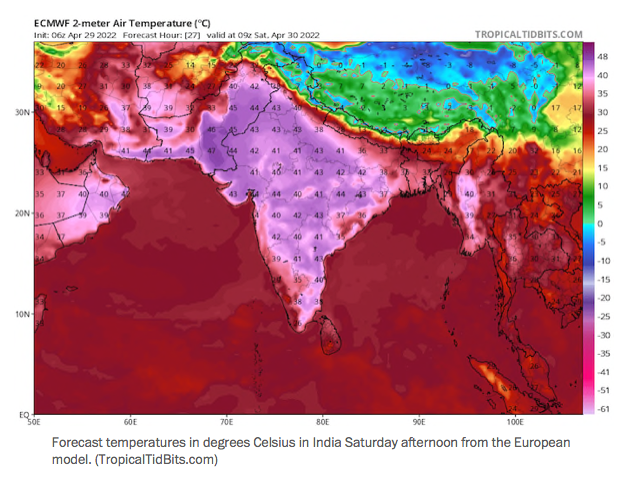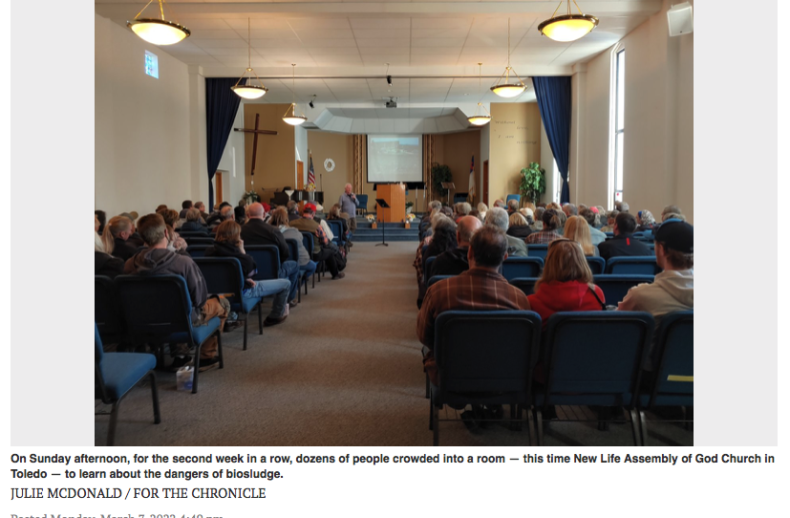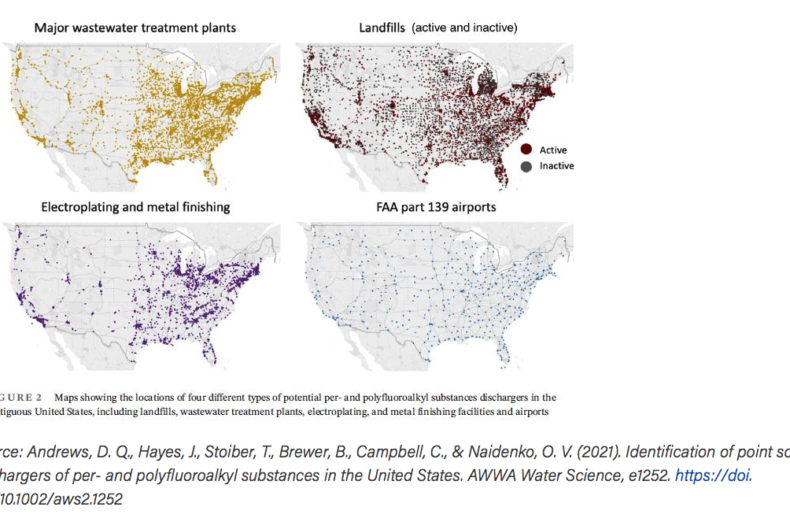Humans are filling the world with trash, but not all of our waste is visible to the human eye.
While plastic litter on the beach is easy to spot, microplastics and ‘forever chemicals’ have leached far and wide without our barely noticing.Both forms of pollution are now so ubiquitous in the environment, they are falling with the rain. But while the potential threat of microplastics is a regular point of discussion, some researchers argue the spread of other persistent synthetic compounds is comparatively overlooked.
A team of scientists in Europe are now worried we have crossed a critical line. They argue the presence of forever chemicals in our hydrosphere at values that exceed key guidelines means we have entered an unsafe operating space from which there is practically no return.
The warning comes on the heels of another cautionary paper, which argues the world has breached the safe planetary limit for synthetic chemicals.




